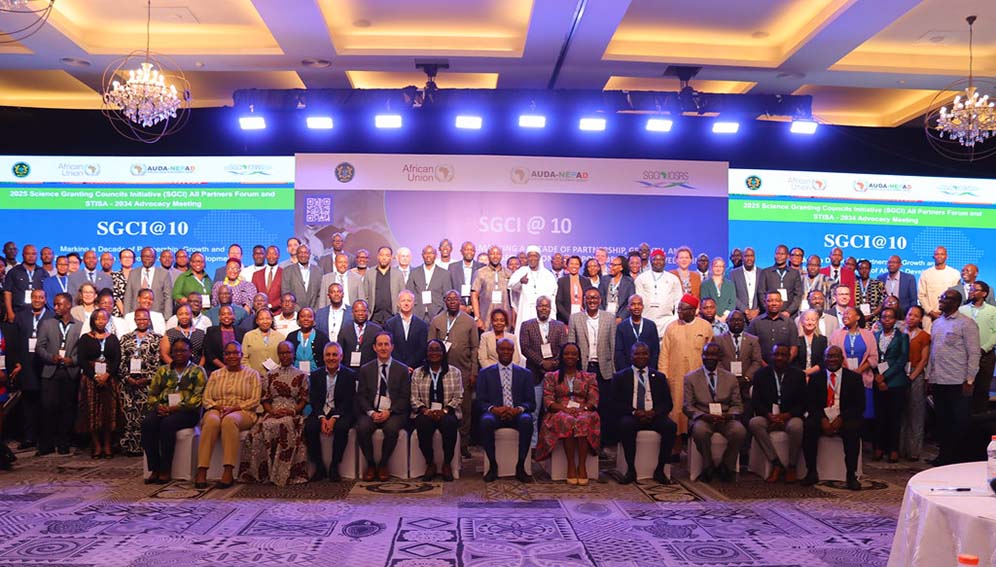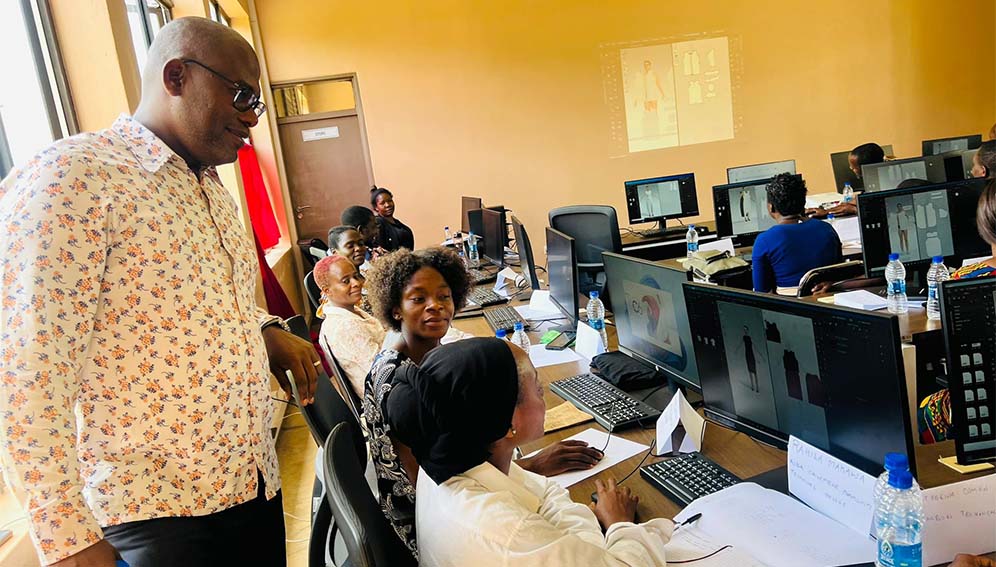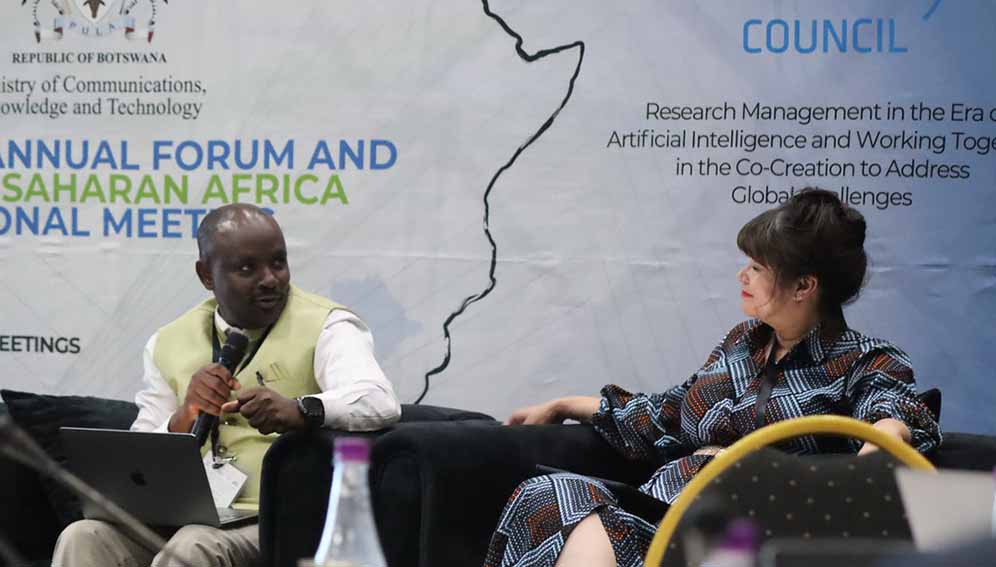SGCI News
Africa’s oceans are vital for economic growth, supporting fisheries, tourism, and coastal livelihoods. But the costs of plastic pollution in our seas are mounting. The World Bank puts the cost of the…
Africa’s oceans are vital for economic growth, supporting fisheries, tourism, and coastal livelihoods. But the costs of plastic pollution in our seas are mounting.
The World Bank puts the cost of the damage caused by marine plastic pollution at up to US$33,000 per tonne of plastic waste, in West Africa alone.
As pollution worsens, researchers say stronger policies, community engagement, and scientific collaboration can protect marine ecosystems in the region.
In this episode of Africa Science Focus, reporter Michael Kaloki hears from researchers about the diverse ways to conserve the region’s oceans and their ecosystems
Despite existing policies to protect Africa’s oceans, implementation remains weak. Juliet Koudonu, a marine biologist at the University of Cape Coast, Ghana, says there is lack of enforcement and stresses that policies alone won’t drive change without government investment and accountability.
For conservation efforts to succeed, policies must align with the needs of coastal communities, says marine social scientist Danai Tembo, a researcher in ocean governance at Nelson Mandela University, South Africa. She warns that laws failing to reflect local identities and livelihoods can backfire.
Effective conservation requires scientists and local communities to work together. Shehu Akintola, professor of fisheries at the Lagos State University, Nigeria, believes it is important to integrate traditional knowledge with scientific research.
The researchers say the continent can protect its marine resources for future generations by enforcing policies, empowering communities, and fostering scientific collaboration.
————————————————————————————————————
This podcast was supported by the Science Granting Councils Initiative which aims to strengthen the institutional capacities of 18 public science funding agencies in Sub-Saharan Africa.
Do you have any comments, questions or feedback about our podcast episodes? Let us know at podcast@scidev.net
Africa Science Focus is produced by SciDev.Net and distributed in association with your local radio station.
Photo: Fishermen working on their nets at Cape Coast in Ghana. Copyright: ~Pyb (CC BY 2.0)
Related News
The TWAS-DFG 2026 cooperation visits programme call is now open.
The call is now open for the TWAS-DFG Cooperation Visits Programme for Sub-Saharan Africa. The programme is a collaborative effort between The World Academy of Sciences (TWAS) and the Deutsche Forschungsgemeinschaft (DFG, German Research Foundation) to foster international scientific partnerships. The TWAS-DFG programme provides postdoctoral…
Uniting Malawi’s innovators: NCST’s push to bridge the coordination gap
How does Malawi move from pockets of innovation to a truly connected national ecosystem? In this interview with the Science Granting Councils Initiative, Isaac Chingwota, acting director for Technology Transfer, Innovation and Commercialisation at the National Commission for Science and Technology (NCST), explains why coordination…
Namibia launches BOOSTUP programme to bridge innovation gaps
Many promising technology-driven ideas struggle to progress beyond the concept stage due to limited access to early-stage support and mentorship. These challenges highlight the need for targeted interventions that could transform innovative ideas into viable and scalable solutions. It is against this backdrop that the…
SGCI funded projects
Rwanda’s integrated approach to sustainable agriculture and nutrition
Project Titles & Institution Areas of Research Number of Projects being funded Project Duration Grant Amount In-Kind Distribution Council Collaboration with other councils





